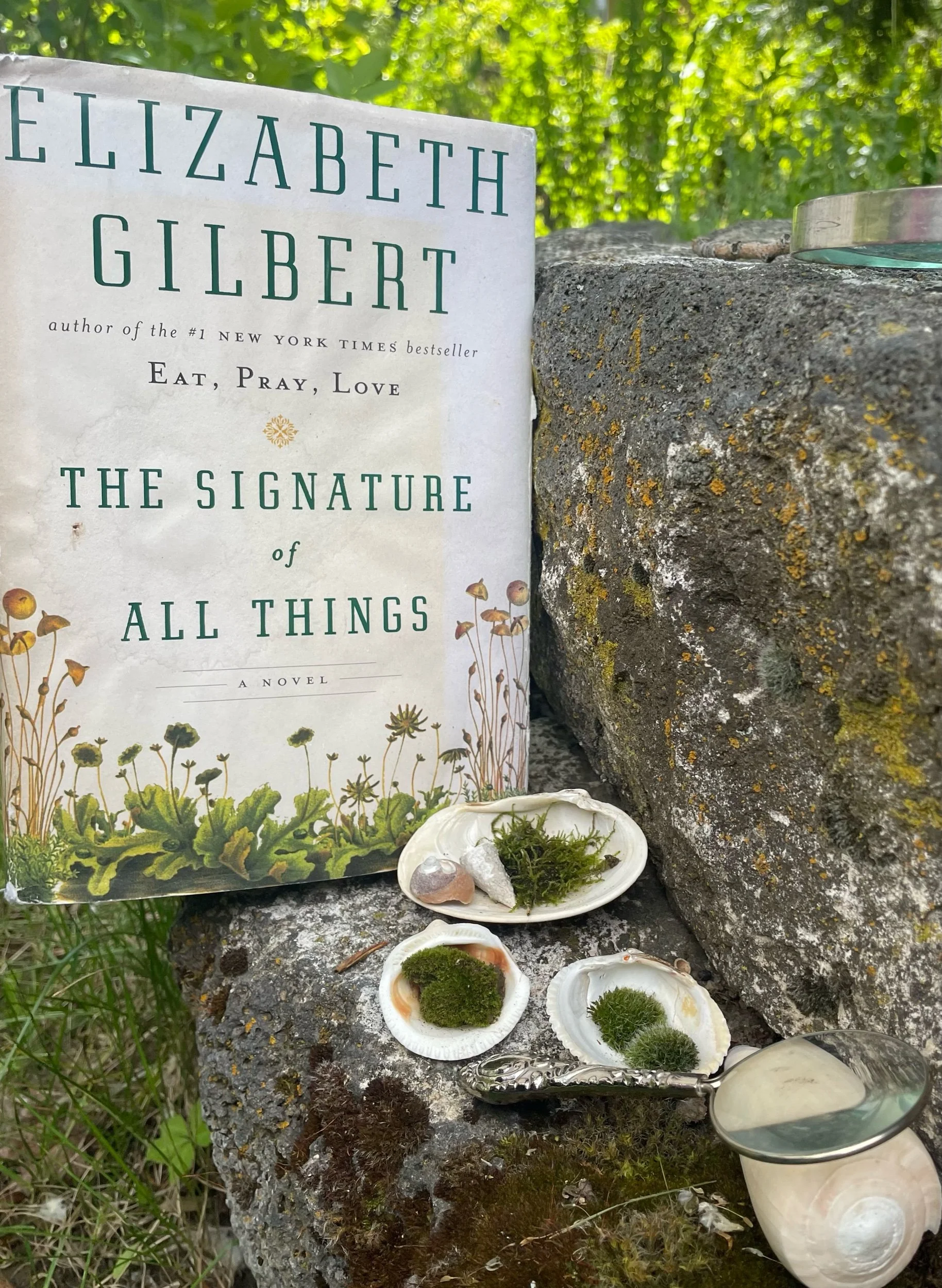The Little Paris Bookshop
From its dedication page on, it is clear that Nina George’s The Little Paris Bookshop (2013) addresses grief and mortality. Yet themes of love, human connection and self-healing percolate as the adventures of George’s protagonist bookseller, Jean Perdu, develop,. Lost and alone, numb and devoid of meaningful human connection, middle-aged Perdu (French for “lost”) goes about his life selling books as a “literary apothecary” who prescribes books to his customers. His tragic, self-imposed exile from his emotional life shifts when he begins to connect with other lost souls. These human connections enable Jean to face the sadness and grief of his lost romance in the distant past, and therefore re-embrace love as a vital component of life itself.
George’s novel meanders much like a river through Perdu’s Paris then south on a boating adventure. At times it circles in the eddies of memory and thought. It’s flow pauses at locks as George inserts the words of Perdu’s lost lover, Manon, by including entries from her journal of twenty years past in an attempt to bring Jean Perdu (and her reader) to the healing sea. The movement of The Little Paris Bookshop is both physical and figurative as Jean Perdu joined by Max Jordan (a wandering young author who is also lost in his way) set sail south from Paris with the Literary Apothecary barge. George’s prose explore the internal and physical landscape of their journey as they make their way south from Paris through France’s idyllic southern regions. Their voyage is at once comic and heart-breaking, as they meet other wanderers, dance secret tangos, and learn the power of human relationships and connection.
The quest at the heart of this novel is both personal and actual. Max Jordan goes in search of a new story and perhaps himself. Jean Perdu makes the slow and painful pilgrimage to Manon’s home in the south that parallels his grieving. Along the way he seeks out authors whom he suspects may have penned the book that saved him in his pain, written under the nom de plume of Sanary. Thus, in addition to riverboat adventuring, the story also involves an element of literary sleuthing. I loved the way The Little Paris Bookshop returns time and again to the power books hold for readers, as well as the transformative nature of human relationships.
This is a book that explores the complexity and importance of experiencing grief. Perdu embodies the lost soul who has refused to grieve and move on; as the novel opens, he is a husk of a man, soulless and friendless. At last, upon finding a lost twenty-year-old letter that forces him to face his lost love, he chooses to break his stasis and begin the process of healing in order that he may experience love once again. This novel includes many beautiful moments of inner thought as well as outward experience, but it also forces the reader to sit with mortality as the ghost of Manon haunts its pages, or a helpless doe drowns. As such, it is not a light read, but it is anything but hopeless.
In addition to a beautiful story full of a unique cast of characters, The Little Paris Bookshop playfully includes an appendix of “Recipes” and “Jean Perdu’s Emergency Literary Pharmacy.” After tackling the age-old question of where our loved ones go upon death, George’s novel closes with something playful to inspire its reader beyond its pages. Food and culinary skill help revive Perdu from his paralysis, thus George invites her reader to savor some of the recipes included in her novel. Likewise, Perdu’s pharmacy provides a many-paged list of authors and books for further reading under the assumption that books are a sort of medicine for the soul. I enjoyed the way these appendix playfully concluded the reading experience of The Little Paris Bookshop and invited the reader to continue interacting with the novel long after reading its final sentence.
It is also worth noting that this is George’s first novel about mortality. She has written two more since (The Book of Dreams and The Little Breton Bistro), both of which I look forward to reading.
A Few Great Passages:
“Sometimes you’re swimming in unwept tears and you’ll go under if you store them up inside” (9).
“[A] book is both medic and medicine at once. It makes a diagnosis as well as offering therapy” (28).
“Fear transforms your body like an inept sculptor does a perfect block of stone [. . .] It’s just that you’re chipped away at from within, and no one sees how many splinters and layers have been taken off you. You become thinner and more brittle inside, until even the slightest emotion bowls you over” (130-131).
“Reading—and endless journey; s long, indeed never-ending journey made one more temperate as well as more loving and kind” (142).
“All the love, all the dead, all the people we’ve known. They are rivers that feed our sea of souls. If we refuse to remember them, that sea will dry up too” (227).
Bibliography:
George, Nina. The Little Paris Bookshop. Translated by Simon Pare. Crown Publishing: New York, 2013.






